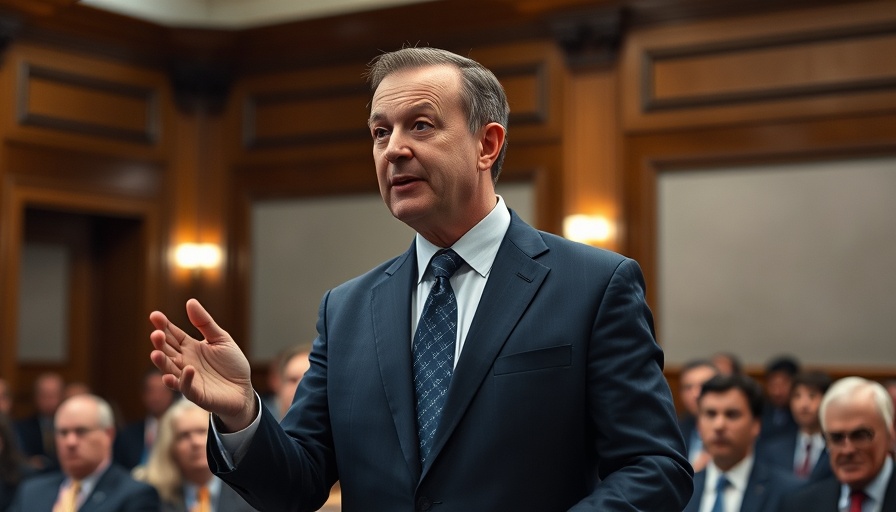
Dr. Oz’s Stance on Medicaid Work Requirements: A Controversial Perspective
During a recent confirmation hearing, Dr. Mehmet Oz, nominated to lead the Centers for Medicare and Medicaid Services (CMS), expressed his support for implementing work requirements for Medicaid beneficiaries. This position aligns with a broader Republican strategy that seeks to tie eligibility for safety-net programs to work, education, or volunteer hours, aimed at addressing budgetary concerns while fostering a culture of contribution.
The Value of Work in Society
Dr. Oz argues that while access to Medicaid should not be obstructed by work requirements, he believes that engagement in work—whether through employment or education—holds intrinsic value. He stated, "There’s value in work…It should be showing that you want to contribute to society." This perspective suggests that participation in these activities can enhance not only individual well-being but also community engagement, implicitly advocating a connection between health coverage and personal responsibility.
The Current Medicaid Landscape and Its Challenges
Medicaid, which provides health coverage for nearly 80 million individuals, faces financial scrutiny, especially as Republicans explore avenues to cut costs. Despite balancing the budget with cuts, many argue that work requirements could create barriers to access for vulnerable populations. Recent studies indicate that nearly all individuals enrolled in Medicaid already work or would qualify for exemptions—demonstrating a disconnect between the intended goals of such policies and the actual realities of beneficiaries’ lives.
The Legislative Battlefield: Previous Attempts at Work Requirements
Historically, attempts to institute work requirements in Medicaid have met with significant legal challenges. The Trump administration's efforts to approve such measures were thwarted by judicial decisions, resulting in rollbacks of waivers designed to enforce these policies. Only Georgia successfully reinstated work requirements after a lawsuit, yet initial enrollment figures suggest that the implementation could face further hurdles—a sparsely populated roll-out indicating potential public resistance or logistical complications.
Public Sentiment and Future Predictions
The debate surrounding work requirements in Medicaid is a contentious one, with significant implications for public health policy. Critics argue that such measures may inadvertently harm the very populations they aim to serve, particularly in light of personal stories shared during the hearing—where senators highlighted individual cases of caregivers and those unable to meet labor demands due to health issues. The future effectiveness of Dr. Oz’s policies may hinge on public reception and Congress’s ability to navigate these complex issues in a bipartisan manner.
The potential for reform in Medicaid under Dr. Oz’s leadership could redefine how healthcare and work are intertwined in American society. As more discussions unfold, stakeholders—including patients, health advocates, and policymakers—must engage actively in shaping a system that balances fiscal responsibility with compassion for those in need.
 Add Row
Add Row  Add
Add 




 Add Row
Add Row  Add
Add 



Write A Comment